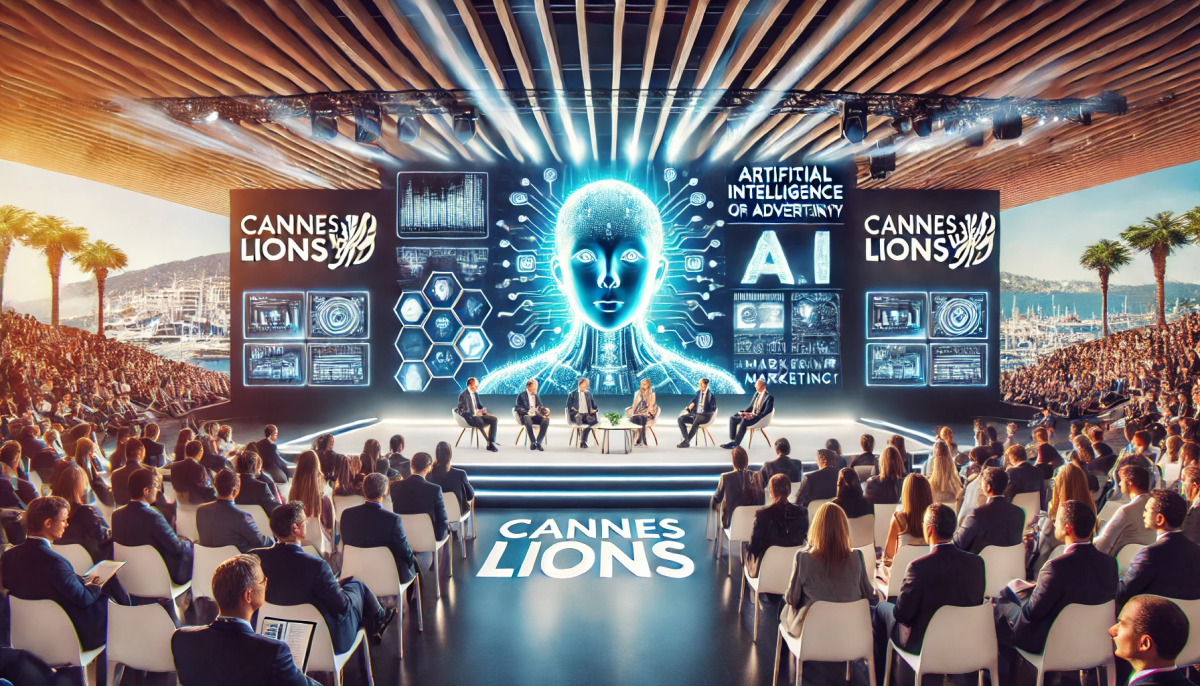At this year’s Converge at Cannes event, held during the prestigious Cannes Lions International Festival of Creativity, a panel of industry experts gathered to discuss the rapidly evolving role of artificial intelligence in advertising and marketing. The session, moderated by Michelle Kim, Regional Vice President at Ogury, featured insights from Andrew Geller, Executive Producer and Head of Emerging Technology of 1stAveMachine, Miguel Espada, co-founder of SpecialGuestX, and Wes Morton, CEO and Founder of Creativ Strategies.
As AI continues to dominate headlines and boardroom discussions, the panelists aimed to cut through the hype and explore practical applications of this transformative technology. Morton set the tone early, acknowledging that while AI has become a ubiquitous buzzword, its true value lies in meaningful implementation: “Previously in the marketing world, why it got so much coverage is because it was thought of as a way of differentiation in your marketing and services. But I think that is no longer the case.”
The conversation quickly turned to the distinction between AI as a broad concept and its various applications. Espada, who transitioned from academia to advertising, emphasized the expansive nature of AI: “AI covers language, covers generation of images, covers robotics planning. There are a lot of things that AI covers.” He predicted that AI would fundamentally change our world, though perhaps not in the dystopian ways often portrayed in science fiction.
Geller shared concrete examples of how 1stAveMachine has incorporated AI into its creative processes. He highlighted a Jose Cuervo campaign that utilized an early language model to simulate a robotic date, showcasing how the limitations of AI at the time actually enhanced the creative concept. “The power of the technology at the time helped that creative come to life,” Geller explained.
Another innovative use case Geller described was a Coca-Cola campaign that employed computer vision to create a unique typeset from actual product imagery: “We took hundreds of thousands of videos and images of Coca-Cola Coke Zero, and we looked at bubbles and we looked at condensation and we looked at mist, and we actually found real letters inside of the product and built a typeset for 400 languages worldwide.”
The panel also addressed concerns about AI’s impact on jobs in the creative industry. Rather than viewing AI as a threat, the experts encouraged seeing it as a tool that can enhance human creativity and efficiency. Morton reiterated a popular mantra of early adopters: “AI is not going to take your job, but someone utilizing AI well [might].” He emphasized the importance of finding efficiencies within organizations using these technologies to stay competitive.
Espada echoed this sentiment, stating, “We need to supervise the AI, and this is going to be the big job now – to try to use it as a tool to create something that is related, relatable to us, not to the AI.”
The discussion also touched on the ethical implications of AI, particularly regarding data usage and privacy. While acknowledging the controversy, Espada suggested that progress often involves pushing boundaries: “I am sure all these companies, they are taking all the data they can get. They don’t respect any privacy, I’m sure they are doing that. But this is how progress is done.”
One of the most intriguing aspects of the panel was the demonstration of tangible AI applications in creative processes. Espada showcased an AI camera that allows real-time blending of actual footage with AI-generated imagery, offering a glimpse into the future of content creation.
Morton explained how Creativ Strategies is using AI for pre and post-campaign analysis, leveraging large language models to scrape the web and summarize consumer sentiment about brands and IPs. This application demonstrates AI’s potential to provide unprecedented insights into market trends and campaign effectiveness.
The panel concluded with a look towards the future, with all participants agreeing that AI integration in advertising and marketing is not just inevitable but essential. Geller summed it up succinctly: “I think at some point, it’s just going to become, of course, you made it with AI, you have to make it with AI that has to be part of your pipeline.”
As the advertising industry continues to grapple with the implications and applications of AI, this Converge at Cannes panel provided a balanced view of both the challenges and opportunities ahead. The key takeaway for businesses? Embracing AI is no longer about gaining a competitive edge – it’s about staying in the game altogether. Those who can effectively integrate AI into their creative and analytical processes while maintaining a human-centric approach will be best positioned for success in this new era of advertising.

